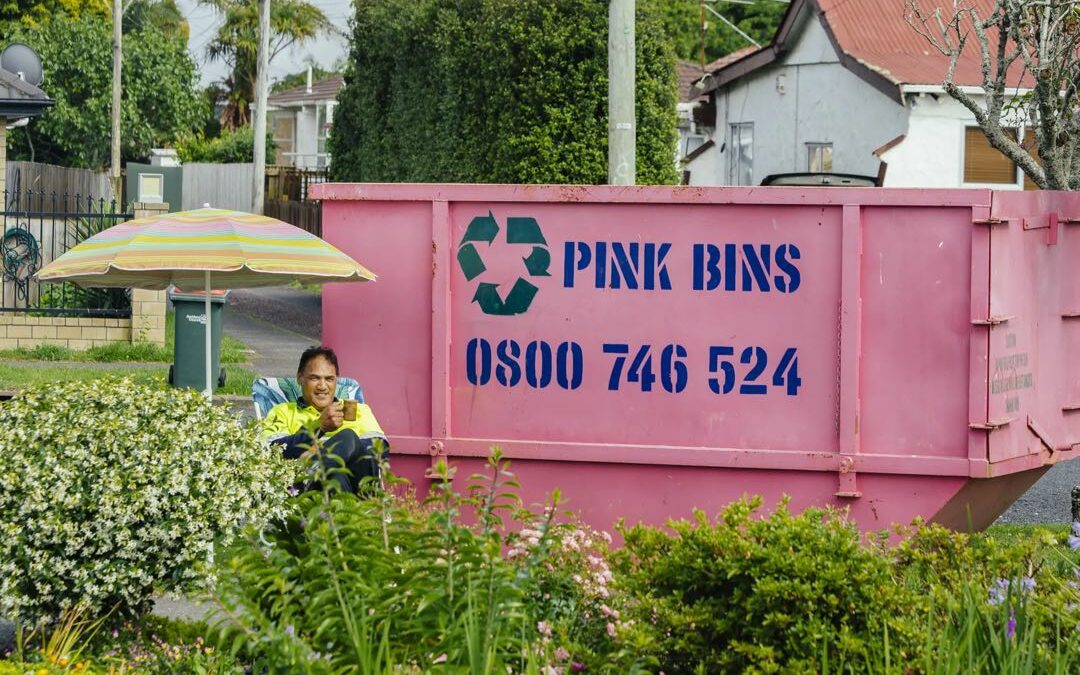For today’s businesses, being sustainable is essential. Yes, minimising their impact on the environment and their communities has become as important as profit margins. But, you don’t need to be a business to do good for the environment. You, too, can be sustainable. Here are our five hot tips.
1: Avoid plastic
Not only does plastic take as long as 1000 years to decompose, when it ends up in our rivers and oceans, marine life suffers. Thankfully, supermarkets are now banning single-use plastic shopping bags. However, you can do more by avoiding products with excess plastic packaging and making sure that you recycle.
2: Get worms
Do you know that around 25% of food that Kiwis purchase ends up in landfill? It’s true. “So, what?” you say. Well, that discarded food emits methane, which is more toxic than carbon dioxide. You can reduce food wastage and save money by carefully planning your weekly meals. However, there will always be some waste, so consider giving it to the worms. They’ll be your friends for life. Yes, we’re talking about worm farms, which you can buy from DIY stores.
3: Turn your fingers green
There are few things in life more rewarding than growing your own vegetables. By doing so, you can save money, but more importantly, reduce food miles. In other words, every carrot or tomato you grow isn’t transported to a supermarket in a large truck.
4: Drive less
At Pink Bins, we wish Aucklanders would drive less. Then the roads wouldn’t be so congested, and we’d be able to pick up and deliver our bins faster. Also, of course, the less you drive your car, the kinder you are to Mother Nature. So, carpool, take the bus, walk or cycle whenever you can.
5: Flick the switch
You may be surprised to learn that we Kiwis waste around $100 million of electricity every year by failing to switch off appliances when we don’t need them. So, switch off your TV or stereo at the wall when you go to bed. You can also save power by turning down the brightness of your computer screen or replacing standard light bulbs with LEDs, which use around 80% less energy.
These are just a few things you can do to be a sustainable Kiwi. If you’ve got any other suggestions, please tell us about them in the comments section below.
Also, if you enjoyed this post, please share.

